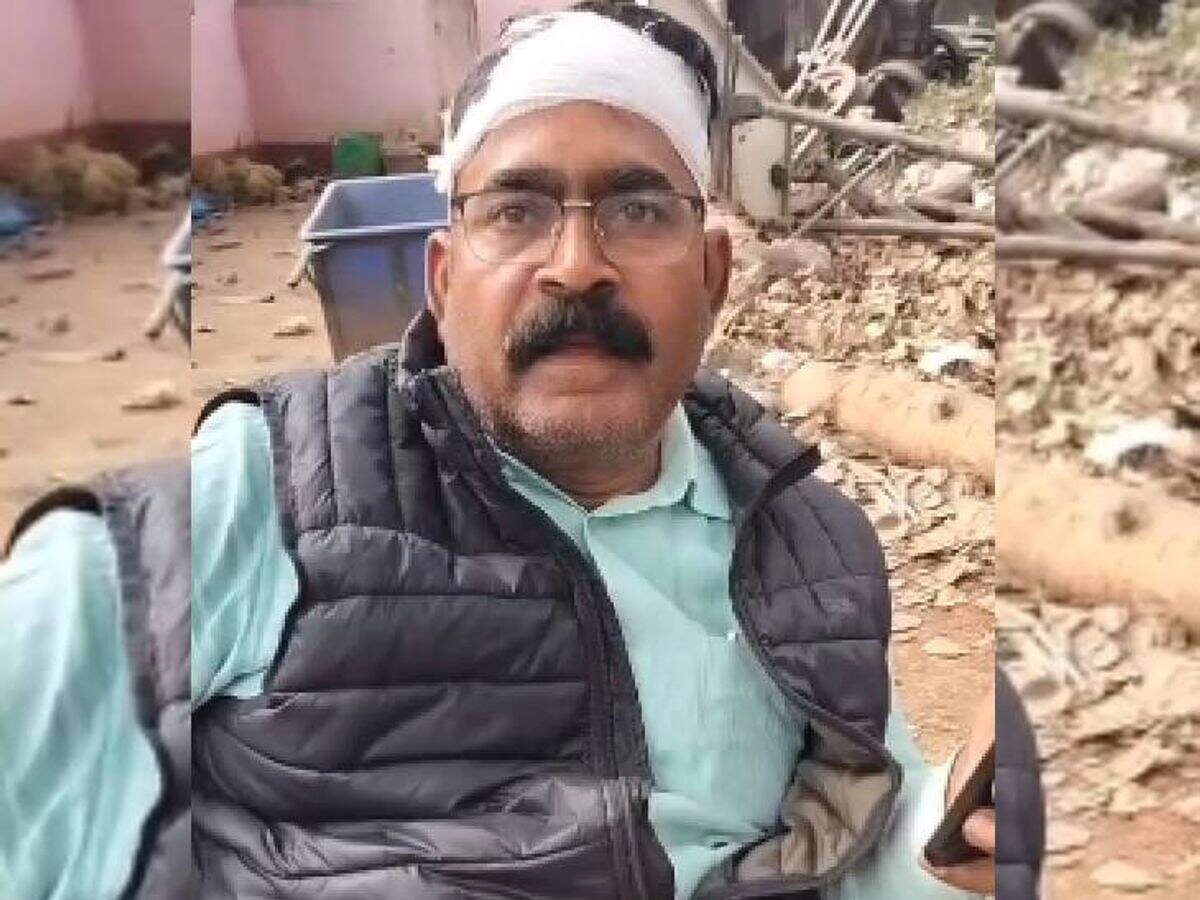Rahul Gandhi, the prominent Indian politician and leader of the Congress party, has recently entered a plea of not guilty in a defamation case against him, stemming from comments he made regarding Vinayak Damodar Savarkar, a historical figure often associated with the Hindu nationalist movement. The case highlights the ongoing tensions in Indian politics, particularly surrounding the legacy of Savarkar, who is viewed by many as a controversial figure due to his role in the freedom struggle and his later advocacy for Hindutva ideology. The defamation suit was filed by a member of the Bharatiya Janata Party (BJP), alleging that Gandhi’s remarks were not just derogatory but also aimed at tarnishing the reputation of Savarkar and his contributions to India’s independence.
In his defense, Rahul Gandhi has maintained that his comments were made in the context of political discourse and should not be construed as defamatory. His stance emphasizes the importance of freedom of expression, particularly in a democratic setup where political leaders often engage in critical debate about each other’s ideologies and historical interpretations. Gandhi’s legal team argues that the remarks were intended to provoke thought and discussion regarding Savarkar’s legacy, which remains a polarizing topic within Indian society. The case has garnered significant media attention, reflecting the broader political rivalry between the Congress party and the BJP, with each party striving to assert its narrative regarding India’s history and cultural identity.
The outcome of this defamation case could potentially have far-reaching implications, not only for Rahul Gandhi but also for the political landscape in India. It raises fundamental questions about how historical figures are portrayed and discussed in contemporary politics, as well as the extent to which political leaders can express dissenting views without facing legal repercussions. As the legal proceedings unfold, observers will closely monitor the case, which could set precedents for future interactions between political discourse and the judiciary in India. The case serves as a reminder of the charged atmosphere in Indian politics, where historical narratives can ignite passionate debates and legal battles, underscoring the complexities of a nation grappling with its multifaceted identity.




